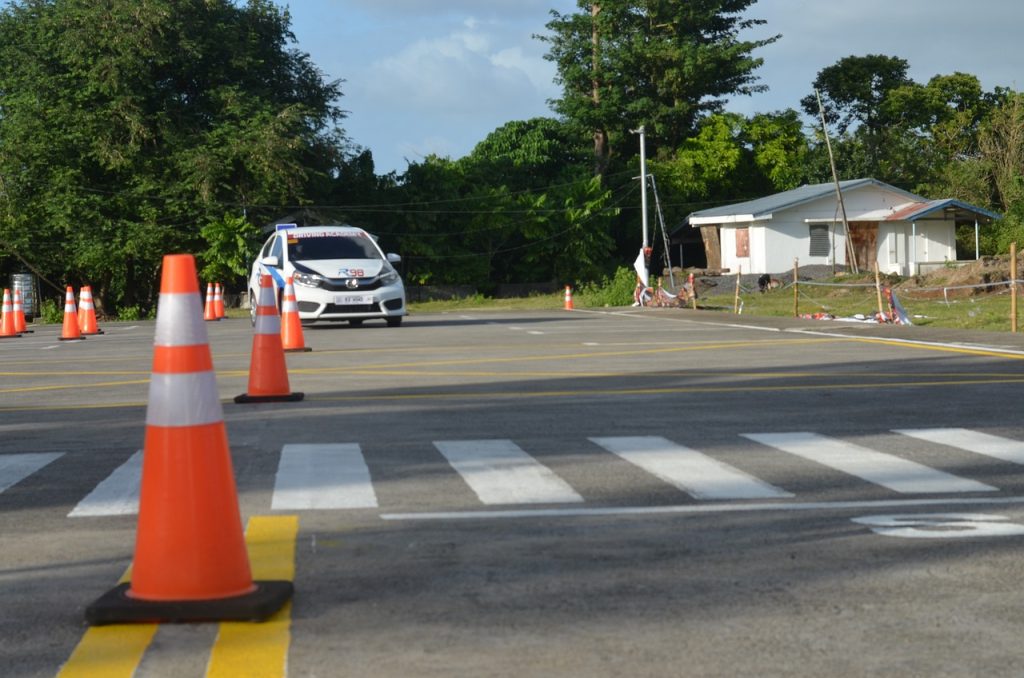
Choosing the right driving school is an important step in your journey toward becoming a safe and confident driver. Whether you’re a teen just starting out, an adult learning later in life, or someone seeking to improve their driving skills, the quality of your instruction can make a big difference. But with so many schools out there, how do you know which one is right for you?
Before you commit your time and money, it’s important to ask the right questions. Doing a little research up front can help you avoid disappointing experiences and ensure you’re getting the best possible training.
Here are the top questions you should ask before enrolling in a driving school:
1. Is the School Licensed and Accredited?
This should always be your first question. Make sure the driving school is officially licensed by your state’s Department of Motor Vehicles (DMV) or equivalent authority. Accreditation from relevant driving associations or regulatory bodies is also a good sign that the school adheres to professional standards.
Why it matters:
A licensed and accredited school ensures that your training is recognized by the DMV and meets legal and safety standards, which is often necessary for getting your driver’s license.
2. What Qualifications Do the Instructors Have?
Ask about the instructors’ credentials, certifications, and experience. Instructors should be licensed professionals with good communication skills and a calm, supportive demeanor—especially if you’re nervous behind the wheel.
Follow-up:
Can you request a specific instructor or change instructors if you’re not comfortable with your assigned one?
3. What Is Included in the Course Package?
Different schools offer different packages. Some include both classroom instruction and behind-the-wheel training, while others charge separately. Find out exactly what you’re paying for: how many driving hours, classroom sessions, online modules, test prep materials, etc.
Things to clarify:
- Is the road test included in the fee?
- Are pick-up and drop-off services available?
- Will I get a certificate upon completion?
4. What Is the Student-to-Instructor Ratio?
In both classroom and practical settings, a lower student-to-instructor ratio often means more personalized attention. This can be especially important during your first few lessons.
Why it matters:
You want to ensure you’ll receive enough one-on-one driving time and not be rushed through lessons in a group setting.
5. How Is the Curriculum Structured?
A good driving school will have a structured curriculum that gradually builds your knowledge and skills. Ask how the program is organized and how progress is tracked.
Important considerations:
- Do they focus on both theory and practice?
- Do they cover highway, night, and adverse weather driving (if applicable)?
- Are defensive driving techniques included?
6. What Vehicles Are Used for Training?
It’s important to know what kind of car you’ll be driving. Are the vehicles well-maintained? Do they have dual controls (i.e., instructor brake pedal)? Are they manual or automatic?
Why it matters:
You want to be confident that you’re learning in a safe and modern vehicle, ideally similar to what you’ll be driving after you get your license.
7. What Is the School’s Pass Rate?
While not the only indicator of quality, a high first-time pass rate can suggest that the school effectively prepares students for the driving test.
Follow-up:
Ask how the school supports students who fail their test—do they offer additional training or free re-tests?
8. Can You Read Reviews or Speak to Former Students?
Reputation matters. Look up online reviews, ask for testimonials, or request to speak with a former student if possible. Honest feedback can give you insight into the school’s strengths and weaknesses.
Tip:
Check platforms like Google Reviews, Yelp, or social media to gauge how current students feel about the program.
9. What Is the School’s Policy on Scheduling and Cancellations?
Flexibility is key, especially if you have a busy schedule. Find out how easy it is to book lessons and what happens if you need to cancel or reschedule.
Questions to ask:
- Is there a cancellation fee?
- How far in advance do you need to cancel?
- Are evening or weekend lessons available?
10. Is There a Money-Back Guarantee or Refund Policy?
Life is unpredictable—circumstances change, and you may need to withdraw from the course. Ask about refund policies before you pay anything upfront.
Why it matters:
Knowing you can get a refund or partial credit provides peace of mind, especially if you’re trying a school for the first time.
Final Thoughts
Enrolling in a driving school is more than just a formality—it’s an investment in your safety, confidence, and independence. Asking the right questions upfront ensures you’re making an informed decision that meets your needs and learning style. The more information you have, the better your chances of having a positive, successful experience on the road.
